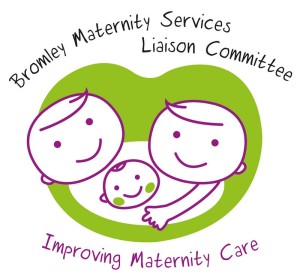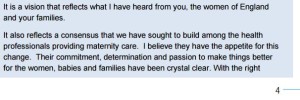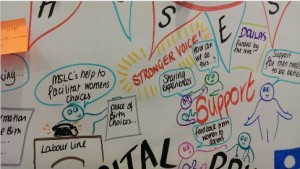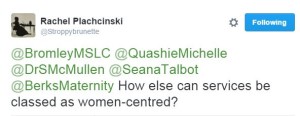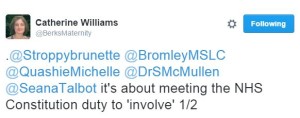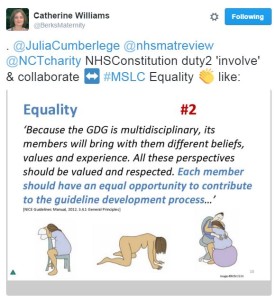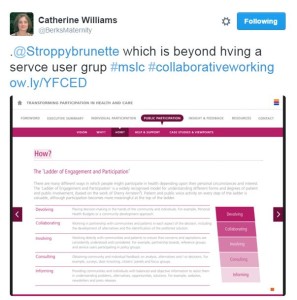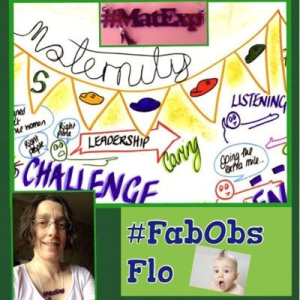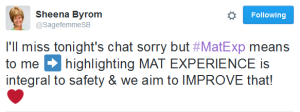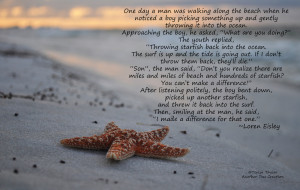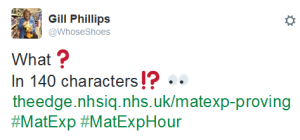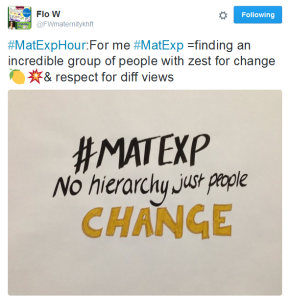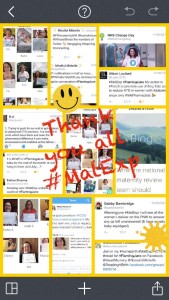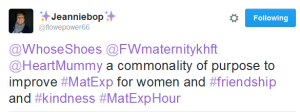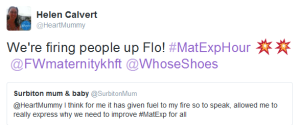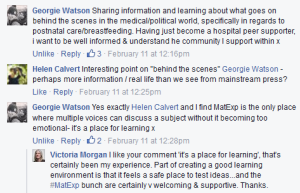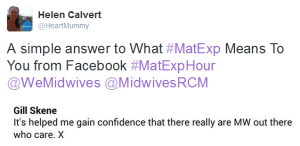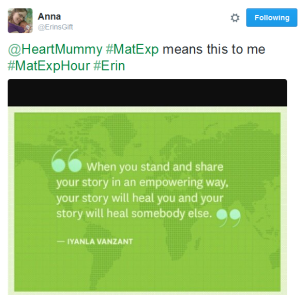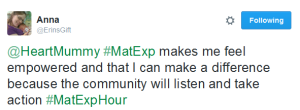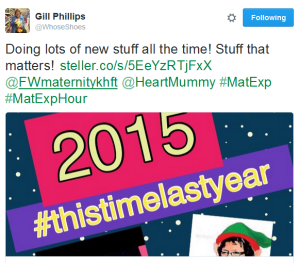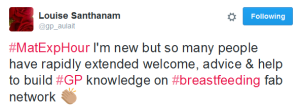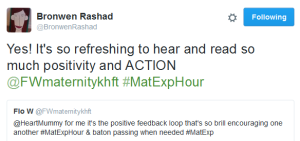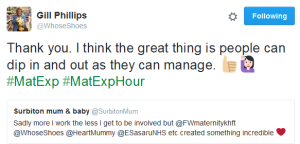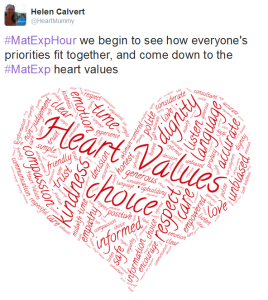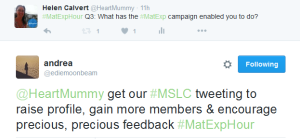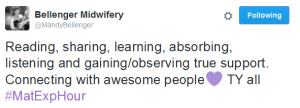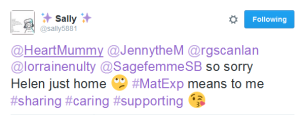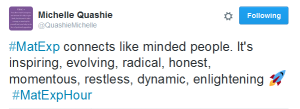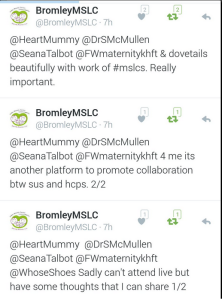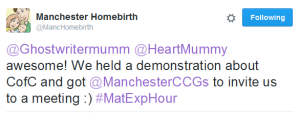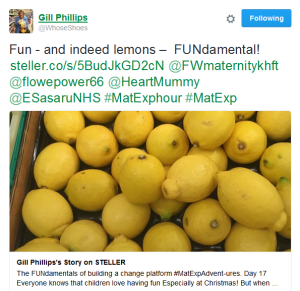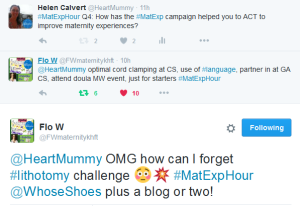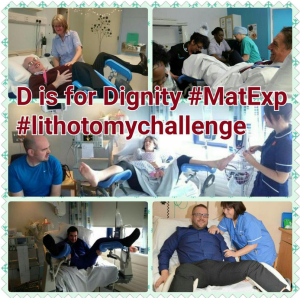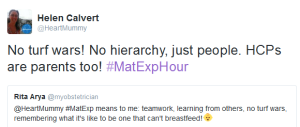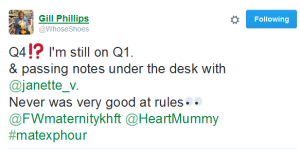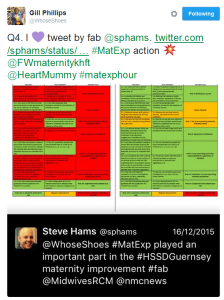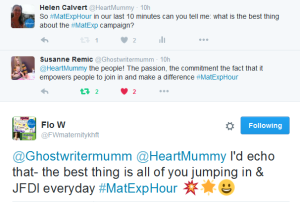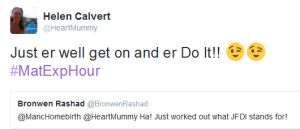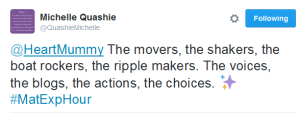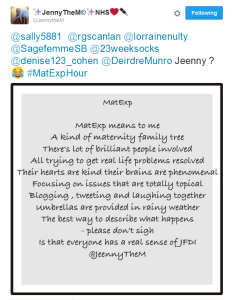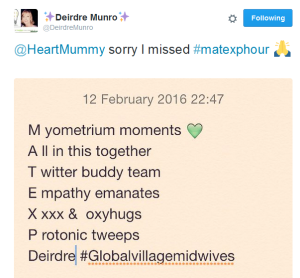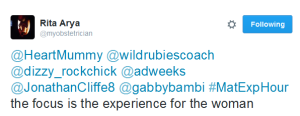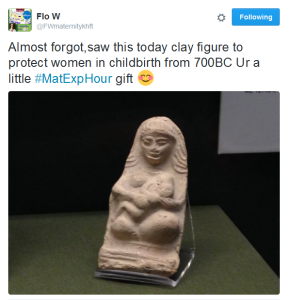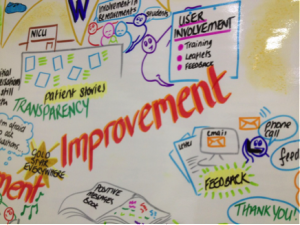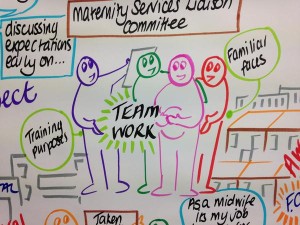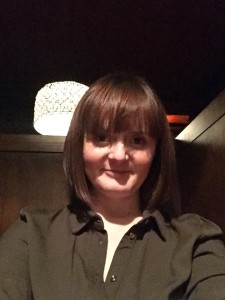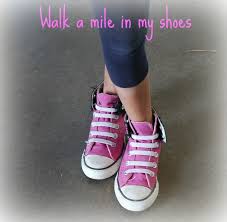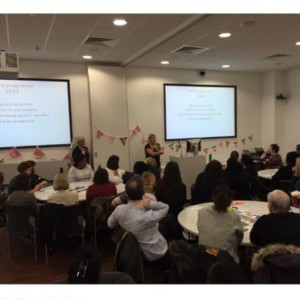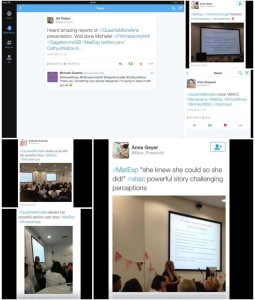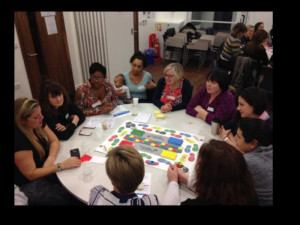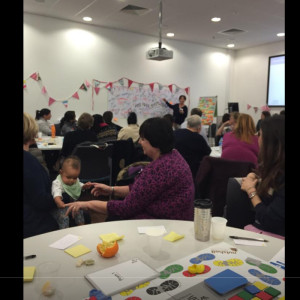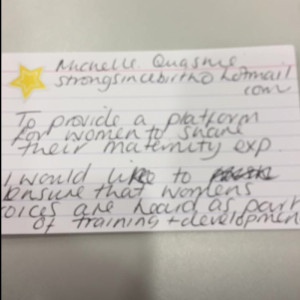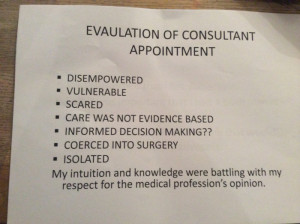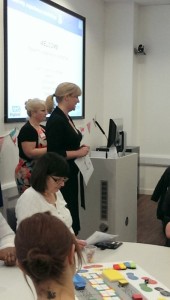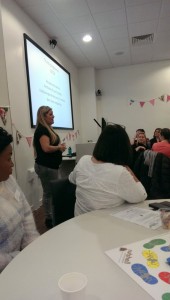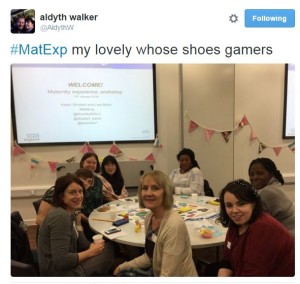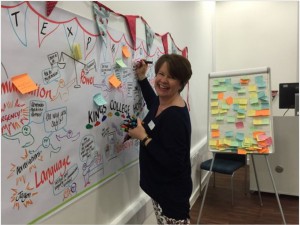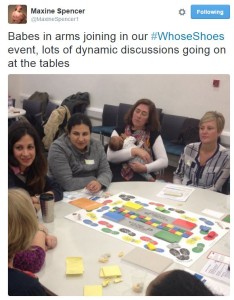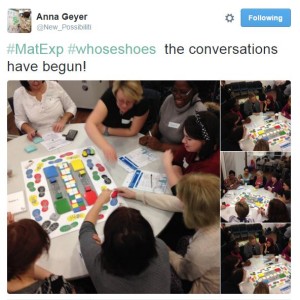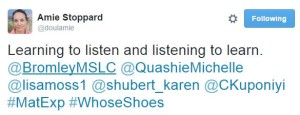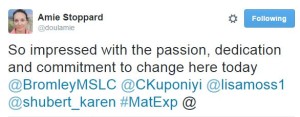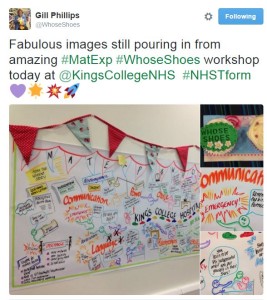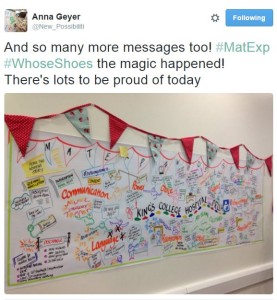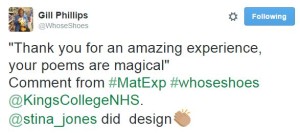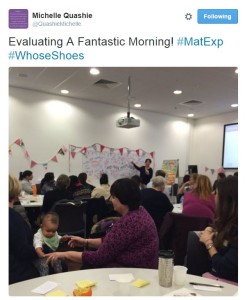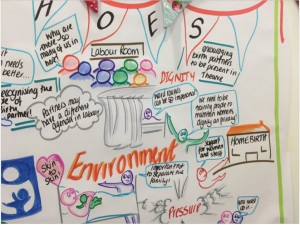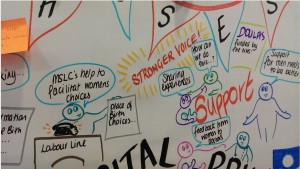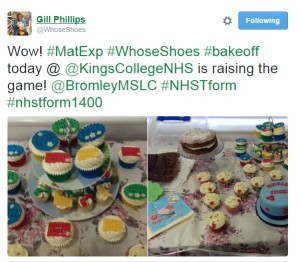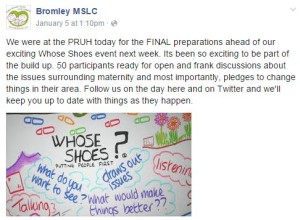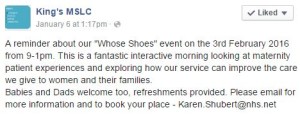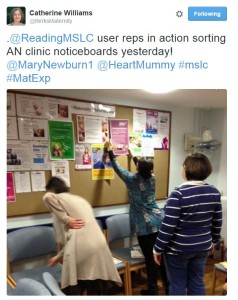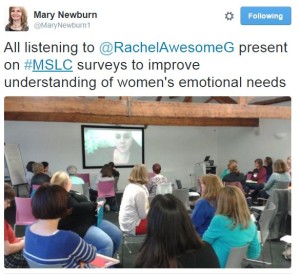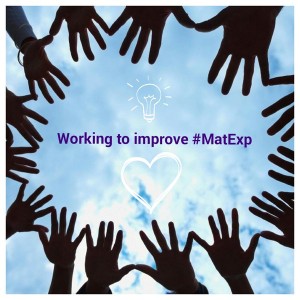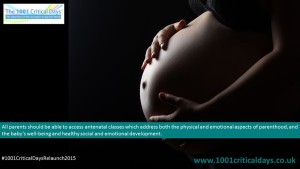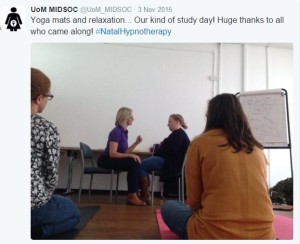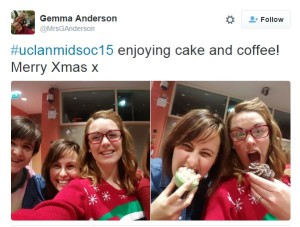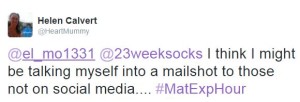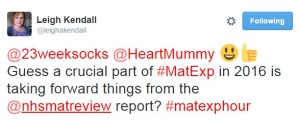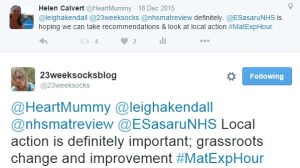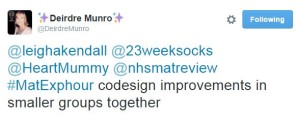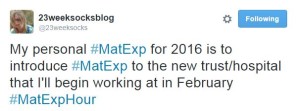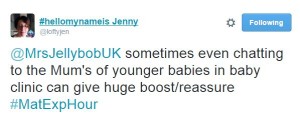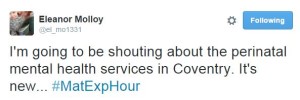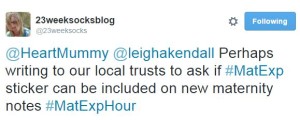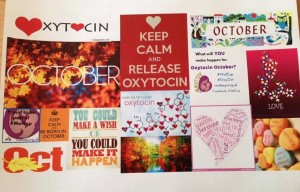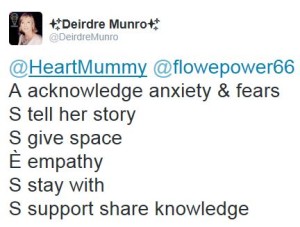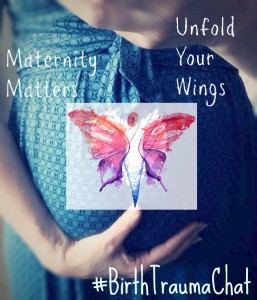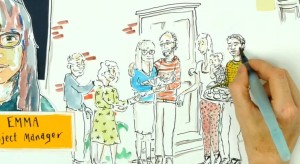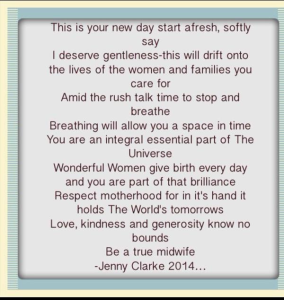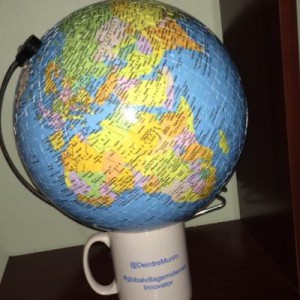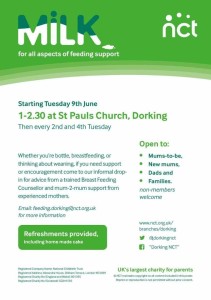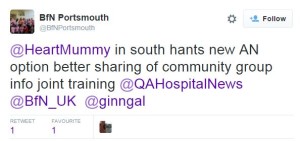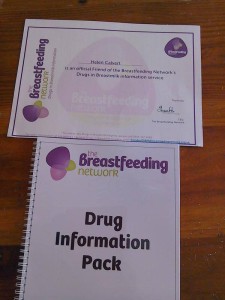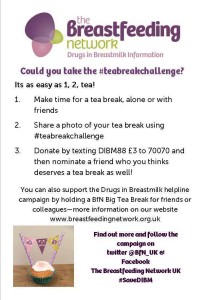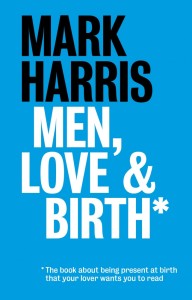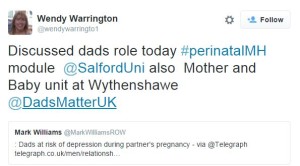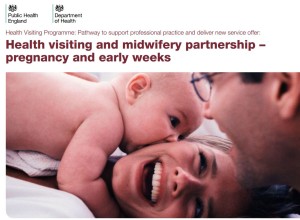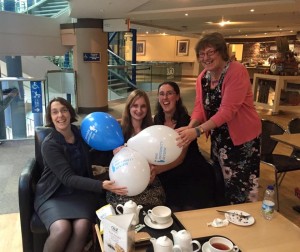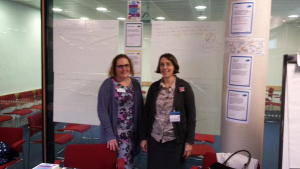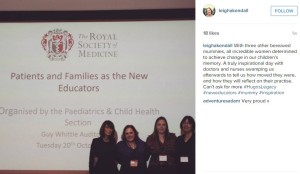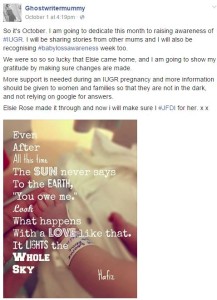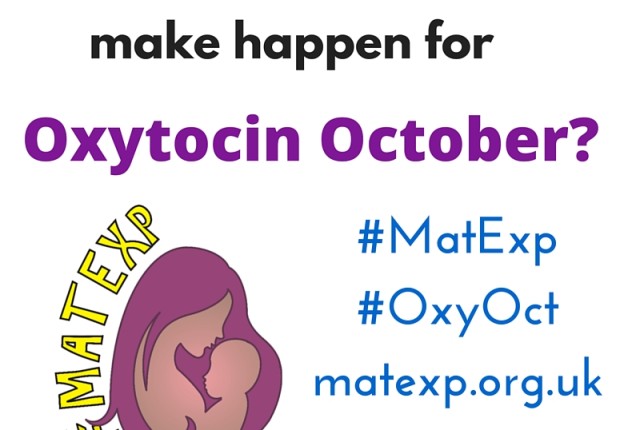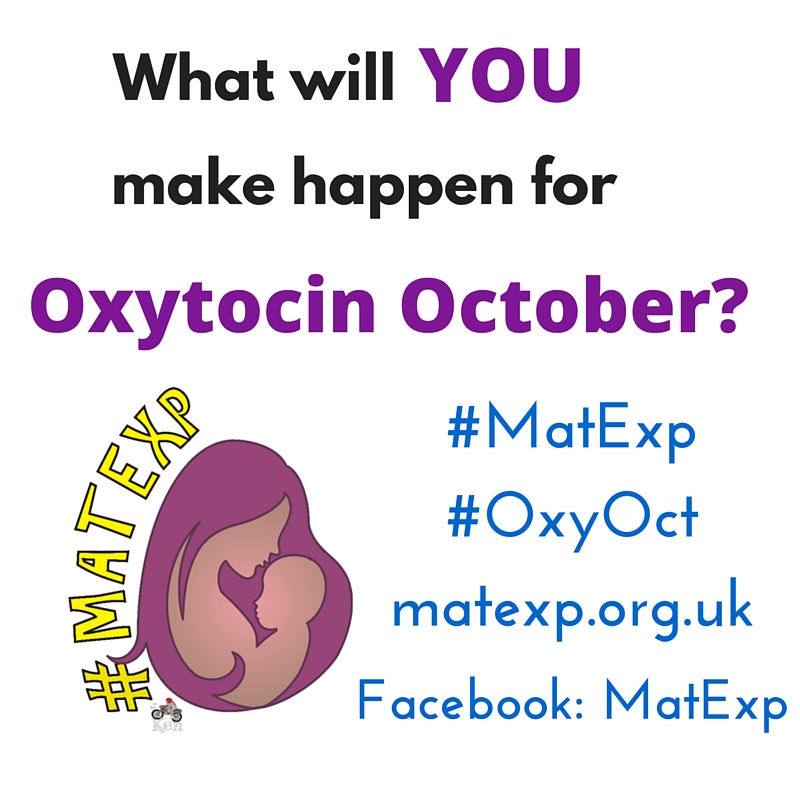“Maternity Service Liaison Committees (MSLCs) provide a means of ensuring the needs of women and professionals are listened to and we saw how effective they could be when properly supported and led.”
National Maternity Review February 2016
“I urge you to play your part in creating the maternity services you want for your family and your community. Voice your opinions, just as you have during this review, and challenge those providing the services to meet your expectations.” (Julia Cumberlege, Chair of the Review Team, 2016)
These quotes really illustrate why MSLCs matter. They sum up why I am so passionate about maintaining and sustaining our wonderful Maternity Services Liaison Committee and helping others maintain theirs.
Because I have seen the difference a dynamic, properly supported, MSLC can make to a hospital Trust. Bromley MSLC, like its counterparts throughout the country, is a mix of individuals including commissioners, service users, midwives, doctors and other professionals coming together to monitor and improve local maternity services. The respect that everyone has for each other is evident in our meetings and some of the lightbulb ideas that arise are extraordinarily exciting. I tend to come away from meetings with my head reeling, but also tremendously grateful that we have this group of extraordinary passionate, dedicated people working and living in our area.
MSLCs were first established in 1984, enabling women to be involved in shaping the maternity care provided for them. The Department of Health suggests there should be an MSLC for each Trust in England and Wales. The Health and Social Care Act of 2012 states that health services at every level need to actively engage with service users:
- Participating in planning and making decisions about their care
- Enabling effective participation of the public in the commissioning process itself
- So that services reflect the needs of local people.
Recommendation 13 from the 2015 Kirkup report into the Morecombe Bay Investigation also highlighted the importance of MSLCs.
MSLCs matter because…..
- They are the only multi-disciplinary committee of its kind in maternity, bringing together commissioners, NHS Trust staff AND the women for whom the service is designed. One third of the committee is made up of service users, including a service user rep chair and vice chair.
- They are independent NHS working groups that advise on commissioning and service development
- They should include service users from all parts of the community, ensuring that all women’s voices are heard.
- They promote collaboration and involvement
- They plan, oversee and monitor maternity services in a local area and make recommendations for improvements where necessary.
They are one of the few examples in maternity where there is true collaboration between healthcare professionals and service users on equal terms at a local level. This leads to a much greater understanding between both parties of the challenges that are faced and the issues that really matter to local women.
The National Maternity Review also highlights the consensus among health professionals to change things for the better. Nowhere is this more evident than on an MSLC!
MSLCs can achieve amazing things:
They plan…..together with the commissioners, service users have the unique opportunity to help shape the future of the maternity services in the local area. For example, because of user testimonials provided by our MSLC to the clinical executive, a new perinatal mental pathway is being developed in our local area by the CCG, which will greatly benefit thousands of women.
They oversee……our MSLC is involved in one off projects designed to improve maternity experiences for local women. We have designed information posters, are having an input into a “Welcome to the Ward” postnatal pack and have helped improve the birth environment on the Labour Ward. We also make tours of the wards, bringing a service user perspective and a fresh pair of eyes to the environment.
They monitor……our MSLC gains feedback from women through surveys, questionnaires and Walk the Patch both in the hospital and more recently in children centre health clinics in the community. That feedback is given directly to the lead health professionals of the Trust as well as the commissioners, who listen and act on our recommendations. Those improvements are then fed back to the service users, via social media and other means, so that we close the loop.
This type of work is not just being done by our MSLC. I know of countless other committees which are tirelessly working to improve services in their local area too. Our brilliant vice chair Michelle Quashie is planning a Women’s Voices conference in October and has asked me to present the achievements of our MSLC and others around the country, demonstrating how effective collaborative working can be. I am looking forward to showcasing just what has been and can be achieved then.
At our recent Whose Shoes event pledges were made at the end of the workshop about something that the delegates would do differently as a result of that day. These pledges have formed the workplan for our MSLC for 2016 and we will check to ensure that they have been carried out. MSLCs are true examples of #MatExp in action at a local level.
We were also really pleased to see the importance of MSLCs highlighted on our beautiful graphic courtesy of New Possibilities.
For this blog I asked members of other MSLCs for their thoughts on why MSLCs matter. Responses included:
Catherine Williams has written a lot about the importance of MSLCs in her blog https://birthandbiology.wordpress.com/
And from our MSLC Leaders Facebook group:
And this from our vice-chair Michelle Quashie:
“MSLCs matter because it is gives all that are passionate about a Women’s Maternity experience a chance to join forces and make their hopes for better birthing world a reality. It enables all members to be involved in ensuring this happens. It allows true collaborative working and keeps service users involved in decisions made about women’s maternity care and that of their family. It’s a safe place where women’s voices are heard, valued and respected. A Women’s experience is its driving force for that reason I am proud to be part of such a dynamic committee.
Initiatives like ‘Walk the Patch’ enable all women’s voices to be heard regarding the maternity care they are receiving. These voices from the community can then be filtered back to senior levels and actions are derived to improve the service as a result. WTP also gives the chance for those HCP that are providing truly women entered care the recognition they deserve.
I joined the MSLC after feeling very let down buy my personal maternity care. I knew I had to help change things for other women. Being part of the MSLC has enabled me to do that from the inside out. The work we have done and the wonderful HPs I have worked with has helped to restore my faith and feel empowered by being part of making change happen for others.
I hope that MSLCs get the recognition and support for the amazing work we are doing across the country. All that give up their time, do so because they are passionate and dedicated. MSLC’s should be mediatory for all trusts. How else can you ensure a woman centred service is given without women voices being heard in order to influence that service?”
Refreshed guidelines from NHS England, due for imminent publication, call for MSLCs to be run, maintained and funded by the CCGs. This is much needed, because in the current economic climate many MSLCs are fighting for modest but essential funding to continue the collaborative work they are doing. In addition, due to the unique nature of these committees it can be difficult for the commissioners to work out a mechanism for funding.
It is against this background, while MSLCs are struggling, that Julia Cumberlege, chair of the National Maternity Review, urges women in her introduction, “play your part…for your family and community … voice your opinions” as quoted at the top of this blog. MSLCs provide an ideal forum for service users to do just that. They are the ‘best practice model’ for shaping the future of our maternity services.
A petition has been started to emphasise the need for MSLCs in all areas. Please consider signing and sharing this petition so that MSLCs can continue the vital collaborative work they are doing at a local level, with volunteers’ expenses paid and commissioners everywhere listening and learning. https://petition.parliament.uk/petitions/121772
If you are not already involved with a local maternity group that feeds into an MSLC – or the MSLC itself, search online to see what you can find out about local provision. Contact your local CCG, your head of midwifery, local Healthwatch, or any pregnancy and parenting groups, such as the NCT and find out what’s happening. You can find out more about MSLCs at https://www.nct.org.uk/professional/mslcs
Laura James
Chair, Bromley MSLC
2016
Facebook: http://www.facebook.com/bromleymslc
Twitter: @BromleyMSLC

